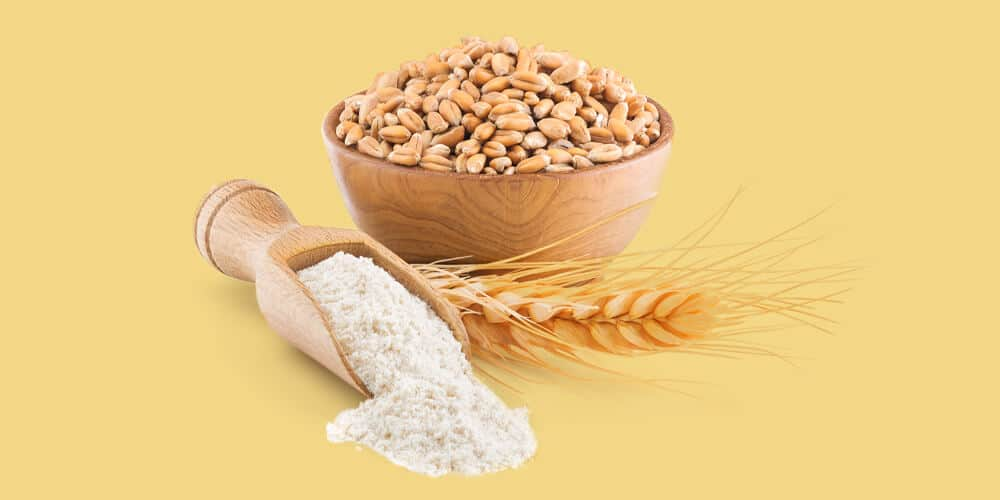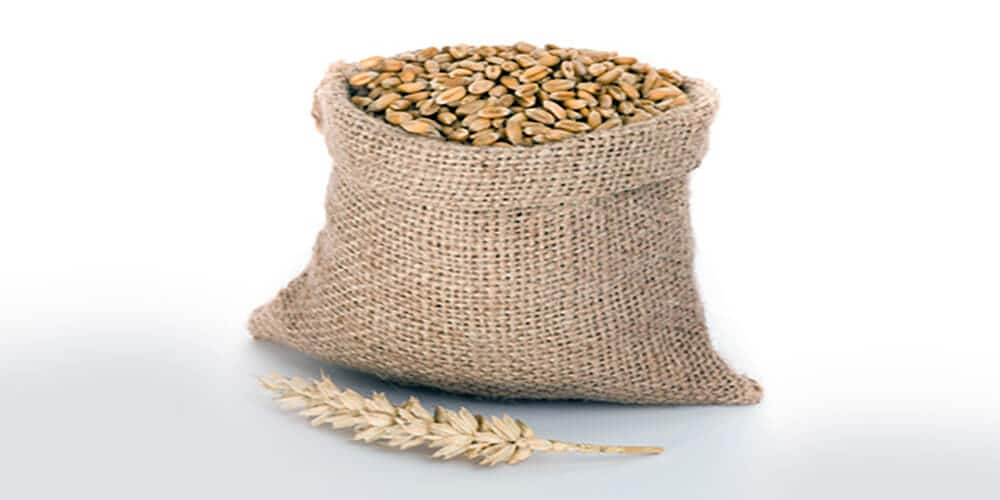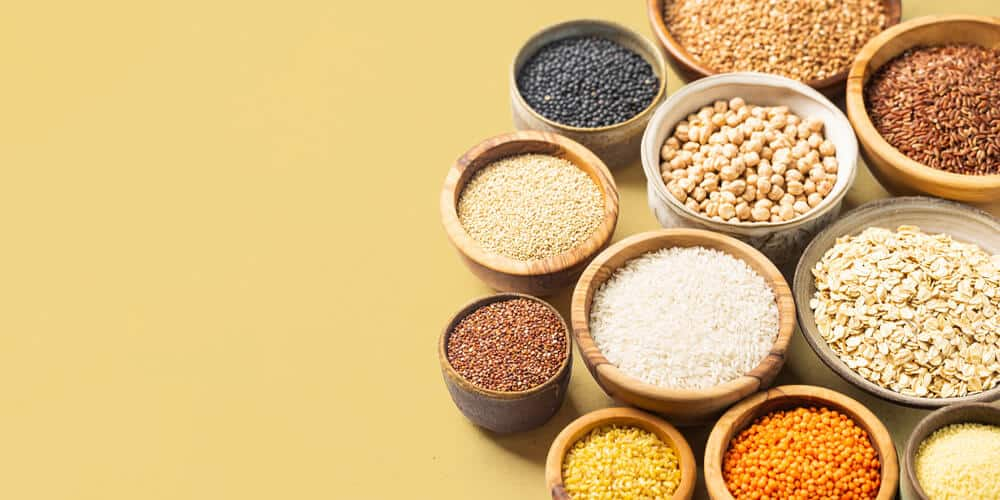
Wheat Bran Fibre – helping to reduce digestive health issues during Ramadan
Choosing foods rich in wheat bran fibre is a simple, effective approach that could bring significant improvement to digestive health during periods of fasting in Ramadan.
Intakes of dietary fibre are reported to have fallen across the Arab Gulf in recent years.1 One consequence of a low fibre intake is poor digestive health, which often results in symptoms such as abdominal discomfort and constipation. Chronic constipation is a common functional gastrointestinal symptom affecting as many as one in five people in Western countries.2 The good news is that simple dietary changes can quickly reduce the symptoms of poor digestive health. This article outlines the evidence and practical ways to increase intake of dietary fibre.
Little data is available on the incidence of constipation among populations in the Arab Gulf, however self-reported incidence of constipation among Qatari women is as high as 54%.3 In Bahrain, adult intakes of fibre are reported to be less than half of the 25- 33g/day recommended in the USA,4 and children and young people consume on average just 13g fibre, again below the USA age specific recommendations.5 In Kuwait, one in three adults and only one in five children consume a recommended intake of fibre.6 What is clear is that low fibre intakes appear to be common across the region and likely to be resulting in preventable symptoms of poor digestive health. Recommended fibre intakes around the globe range from 25g (based on preventing constipation),7 to between 30g-40g each day, (reflecting the contribution of fibre to optimal wellbeing - including prevention of diabetes and cardiovascular disease).8,9,10
Fibre intakes in the Arab Gulf fall short of the level needed to promote digestive wellbeing, and far short of recommendations for optimal wellbeing. Most adults in the region need to double their daily fibre intake.5,7,11,12,13
Fibre affects more than digestive health
Abdominal discomfort, with or without constipation, is known to negatively affect general wellbeing and quality of life. Digestive problems have also been linked to higher stress levels, lethargy, low mood and decreased wellbeing.11 Increasing fibre, and particularly wheat bran intake for all generations potentially holds benefits beyond digestive health alone.
Wheat bran – the fibre of choice?
Increasing fibre intake underpins lifestyle advice for individuals with symptoms of digestive discomfort.15 Wheat bran has been shown to be an effective fibre to reverse the digestive consequences of poor fibre intakes by speeding up the transit of food through the intestinal tract and reducing symptoms of discomfort associated with irregularity.16 Ideally aim for 10g wheat bran fibre each day, but studies suggest that lower intakes will also begin to reduce symptoms of a sluggish digestion.17,18
Wheat bran can be found in any foods made using the entire wheat grain, this includes whole meal flour, breakfast cereals and any foods made from this such as breads or bakery products. White bread and bakery products are made with refined flour where the outer bran layers, and much of the fibre, have been removed. Ready-to-eat breakfast cereals that are rich in wheat bran, like All-Bran, offer an easy source of fibre which can be enjoyed by all members of the family either at the breakfast meal or as a snack. In addition to convenience, these also offer the advantage of providing a range of essential vitamins and minerals including vitamin D, B vitamins such as folic acid, and iron.
Key points:
Simple steps to boost wheat bran:
References
Helping consumers make informed food choices

Choosing foods rich in wheat bran fibre is a simple, effective approach that could bring significant improvement to digestive health during periods of fasting in Ramadan.

Kellogg’s high fibre cereal range contains wheat bran fibre which has significant benefits for digestive health, comfort and wellbeing.

Fortified breakfast cereals could help to meet dietary shortfalls among kids in the Arab Gulf, in fact, every serving of Kellogg’s kids cereal contains nutrients that are essential for good health such as B vitamins, vitamin D and iron.
Mars Completes Acquisition of Kellanova. Read More